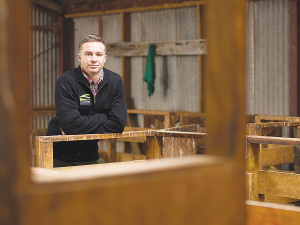In contrast, just 12% of New Zealanders hold a negative view.
UMR Research surveyed a representative general public sample of 1000 respondents to discover NZers’ perceptions.
NZers are almost five times as likely to hold a positive view of sheep and beef farming as a negative one (54% positive vs only 12% negative). And NZers are twice as likely (51%) to hold a positive view of dairy farming as a negative one (20%).
The star of the surveyed industries was horticulture: 68% of NZers were positive about hort vs only 4% negative. The forestry industry also rated well: 56% of respondents were positive vs only 9% negative.
Auckland respondents were more positive towards dairy farming (56%) vs Christchurch people (41%).
Young respondents (18-29) and women were generally less positive towards the primary industries they were asked about. Respondents aged over 60 and men were generally more positive.
Marc Elliott, executive director of UMR Research, says the research results were at odds with the perceptions held by many farmers.
“The strong theme we have heard from farmers in the past is that they do not feel well liked by their urban counterparts.
“However, when you poll the general population, this is simply not true,” he said.
But, said Elliott, “one in five New Zealanders (20%) declaring a negative view of dairying is not insignificant, and it shows our primary sector has work to do to improve its environmental performance”.
“However, anyone who takes time to look around our primary industries will see a lot of activity towards becoming more sustainable.
“For example, land and environmental plans, retiring erosion prone land into native reserves, fencing off and planting around rivers and streams.
“From working in this space over many years we have observed that New Zealanders on this topic are concerned particularly about impacts on water quality.
“However, almost in the same breath, they acknowledge the many jobs and the fantastic quality of food from our primary industries from which they directly benefit.
“If farmers think urbanites are expecting more from them, they are, and farmers need to deliver on this.
“But the primary industries must take heart that most New Zealanders know which side their bread is buttered on.”
Elliott told Rural News the research wasn’t commissioned. Instead UMR chose to do the research as they knew farmers are better liked than they think they are. As most of UMR’s research is among farmers, Elliott wanted them to hear a good message for once.

















